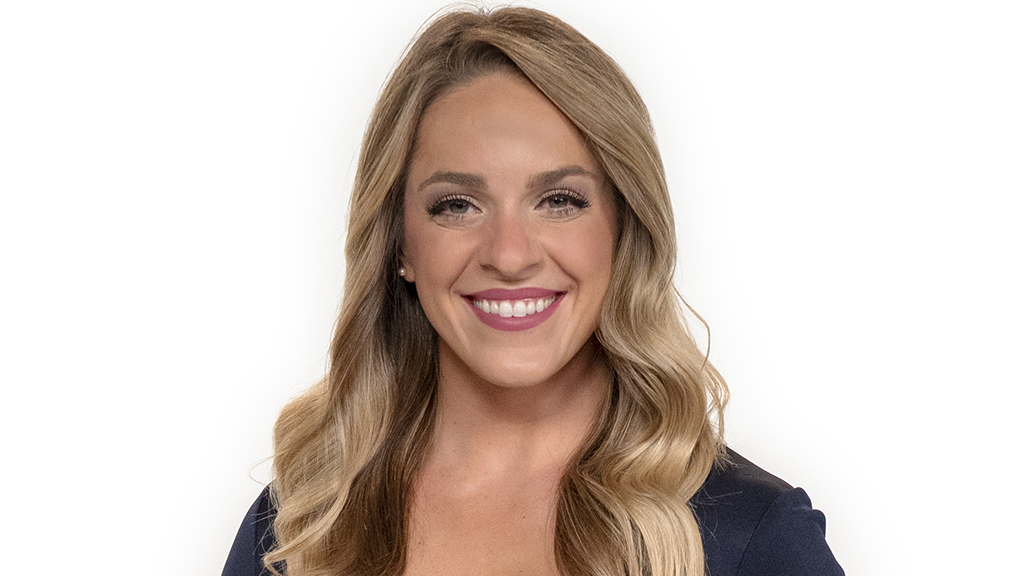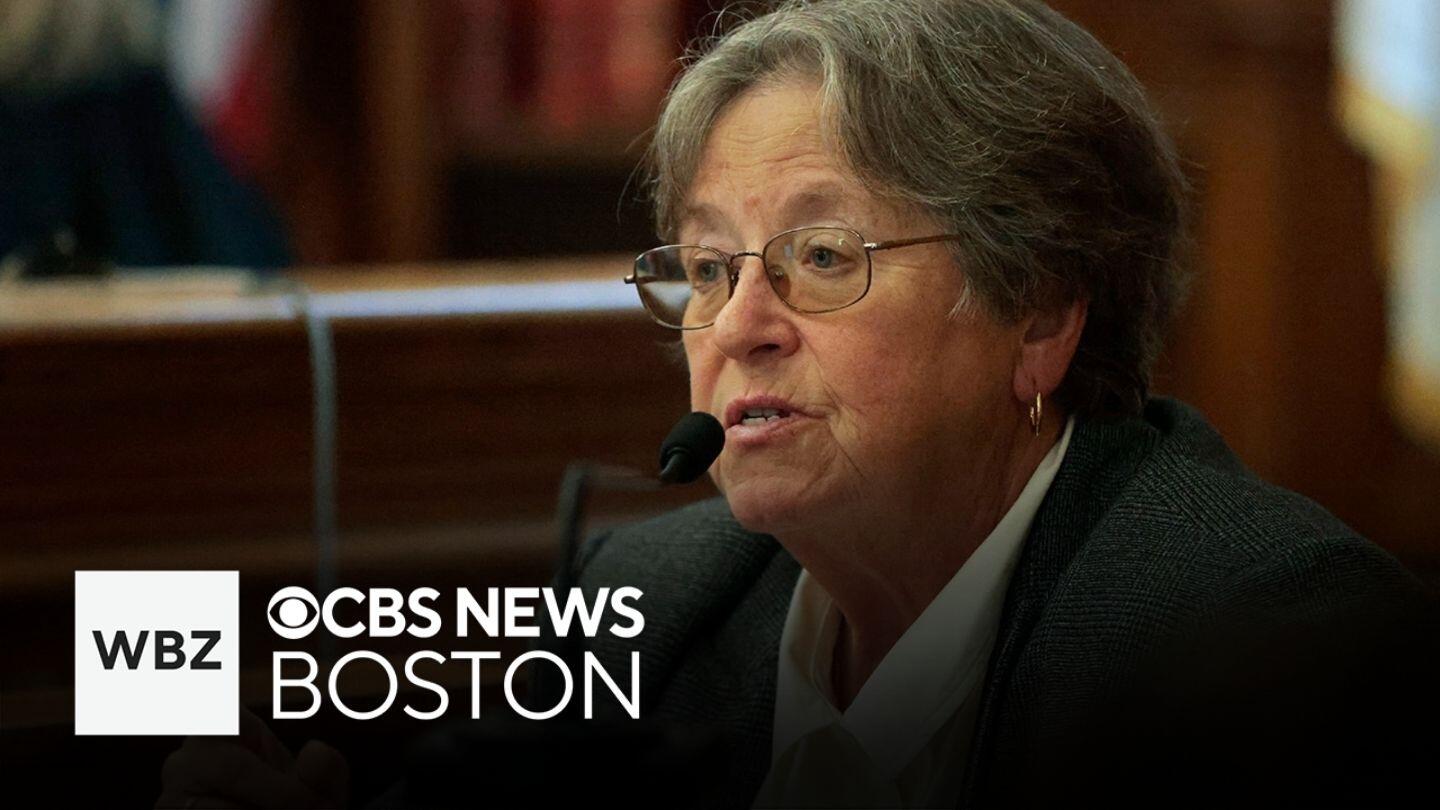New filings in Karen Read trial include proposed instructions for jury deliberations
On Tuesday, Norfolk Superior Court released a number of requests by both defense attorneys and prosecutors that could shape the way the jury deliberates about Karen Read's fate.
The defense is three days into presenting its case, which is expected to take one-and-a-half to two weeks, so the case will be wrapping up and going to the jury soon. As a result, lawyers are requesting a number of proposed jury instructions, among other things.
Read is charged with second-degree murder, manslaughter while operating under the influence of alcohol, and leaving the scene of personal injury and death. A hung jury during her first trial led to a mistrial. Prosecutors accuse her of hitting and killing John O'Keefe, a Boston police officer who she was dating, with her SUV in 2022. The defense says she is being framed and O'Keefe was killed during a fight.
Karen Read attorneys seek "missing witness instruction"
The defense team has requested the jury receive what's called a "missing witness instruction" for Brian Albert, Brian Higgins, and Michael Proctor.
Albert and Higgins were in the house at 34 Fairview in Canton on January 28 and 29, and have been repeatedly called alternate suspects in the death of O'Keefe by the defense.
Michael Proctor is a former Massachusetts State Police Trooper who was fired in connection to his behavior in this investigation, including offensive text messages he sent about Karen Read.
None of the three men were called as witnesses by prosecutors, unlike in Read's first trial.
Based on a filing dated June 2, the defense also doesn't plan to call these men as witnesses, and instead wants to be able to argue they are "missing witnesses" in closing arguments to the jury.
A missing witness argument and jury instruction means that the court "may instruct the jury that an adverse inference may be drawn from a party's failure to call a witness" under Massachusetts law.
To meet the requirements, the witness must be available, friendly (or not hostile) to the party, expected to give non-repetitive testimony, and where "there is no logical or tactical explanation for the failure to call the witness."
The defense is requesting that they be allowed to argue this issue in their closing arguments, and that the judge should instruct the jury on the issue when she gives them instructions before deliberations.
Karen Read attorneys' proposed jury instructions
Ahead of closing arguments and jury deliberations, lawyers from both sides propose jury instructions for the judge to consider.
The judge will ultimately read instructions to the jurors before they deliberate, which will include an explanation of the law in question, the legal standards, advice for deliberations, and any particular defenses or specifications relevant to the case at hand.
Karen Read's defense team has requested instructions for the missing witnesses described above, as well is what's known as a Bowden instruction, which allows the jury to consider the consequences of a substandard police investigation.
The defense requested the following line: "If you find that any omissions in the investigation were significant and not adequately explained, you may consider whether the omissions tend to affect the quality, reliability or credibility of the evidence presented by the Commonwealth."
However, the defense did not request a third-party culprit instruction. In Read's first trial, the defense argued that either Brian Albert, Brian Higgins, or Colin Albert could have killed John O'Keefe, rather than Karen Read.
In Read's retrial, the defense appears to have shifted strategy, focusing instead on an insufficient police investigation and not requesting an instruction for a third-party culprit theory.
Prosecution's suggested jury instructions
The Commonwealth separately filed a motion for its own proposed jury instructions, as is typical at this stage in a trial.
In particular, the Commonwealth requested a "consciousness of guilt" instruction that would read in part, "you have heard evidence suggesting that the defendant: may have intentionally tried to destroy, conceal or falsify evidence in this case and may have intentionally attempted to harass and intimidate witnesses whom the defendant believed would testify against her."
"If the Commonwealth has proved that the defendant did, you may consider whether such actions indicate feelings of guilt by the defendant and whether, in turn, such feelings of guilt might tend to show actual guilt on these charges," the proposed instruction continues.
Judge Beverly Cannone ultimately will read these proposals, conference with lawyers, and come up with jury instructions that are considered fair to both sides.





